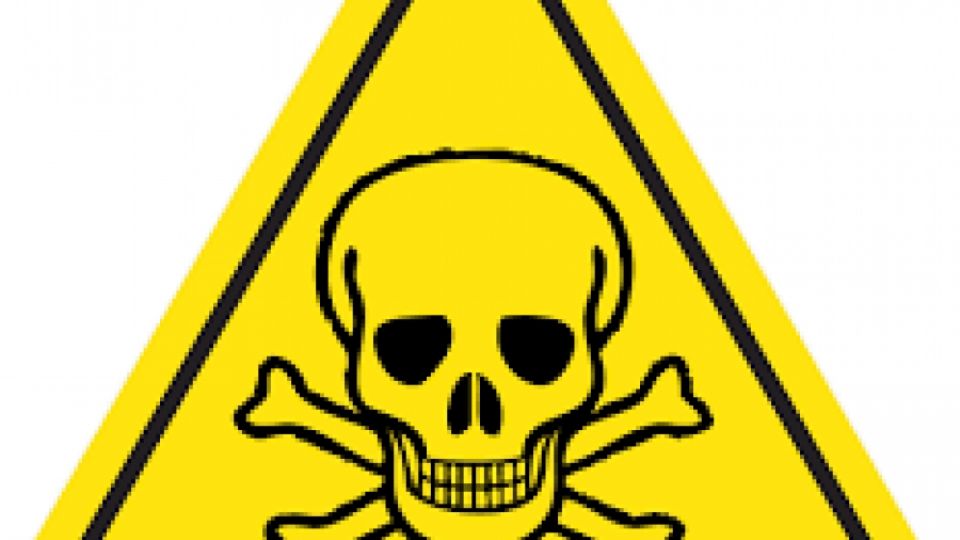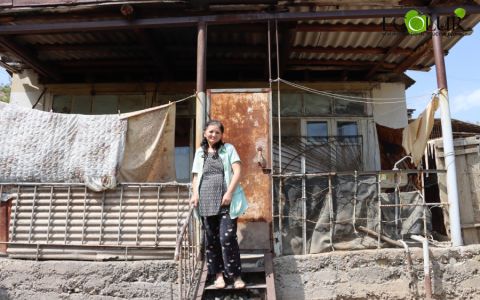IPEN and Arnika sent a letter to Representatives of the European Commission and EU Member States urging them to support decisions at the upcoming Basel, Rotterdam and Stockholm Conventions' Conference of the Parties that uphold Convention principles and EU commitments to protect human health and the environment. Two key decisions at the Basel and Stockholm Conventions are: 1) determination of low POPs content level; and 2) listing of new substances in the Stockholm Convention.
For a circular economy, it is critical that hazardous substances be eliminated from the circle. Unfortunately, at the international level, the EU has a poor track record on this issue by repeatedly promoting toxic recycling policies under the Stockholm Convention. We urge the EU to take a clear position against recycling materials containing polybrominated diphenyl ethers – PentaBDE, OctaBDE or DecaBDE – at the 8th meeting of Conference of the Parties to the Stockholm Convention (COP8).
The Stockholm Convention requires treatment of POPs waste above the low POPs content level so that it no longer exhibits POPs characteristics. The proposed and provisional levels for polybrominated diphenyl ethers (PBDEs), hexabromocyclododecane (HBCDD), and dioxins and furans (PCCD/F) create a loophole that allows for disposal options that may be less costly initially, but that leave behind substantial POPs residues that result in significant costs and harms to human health and the environment. We request the EU to support low POPs content levels of 50 ppm for PBDEs, 100 ppm for HBCDD, and 1 ng WHO-TEQ/g (1 ppb) for PCCD/F.
Read the entire letter here.







